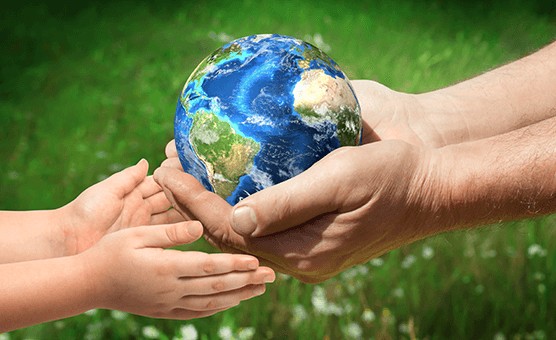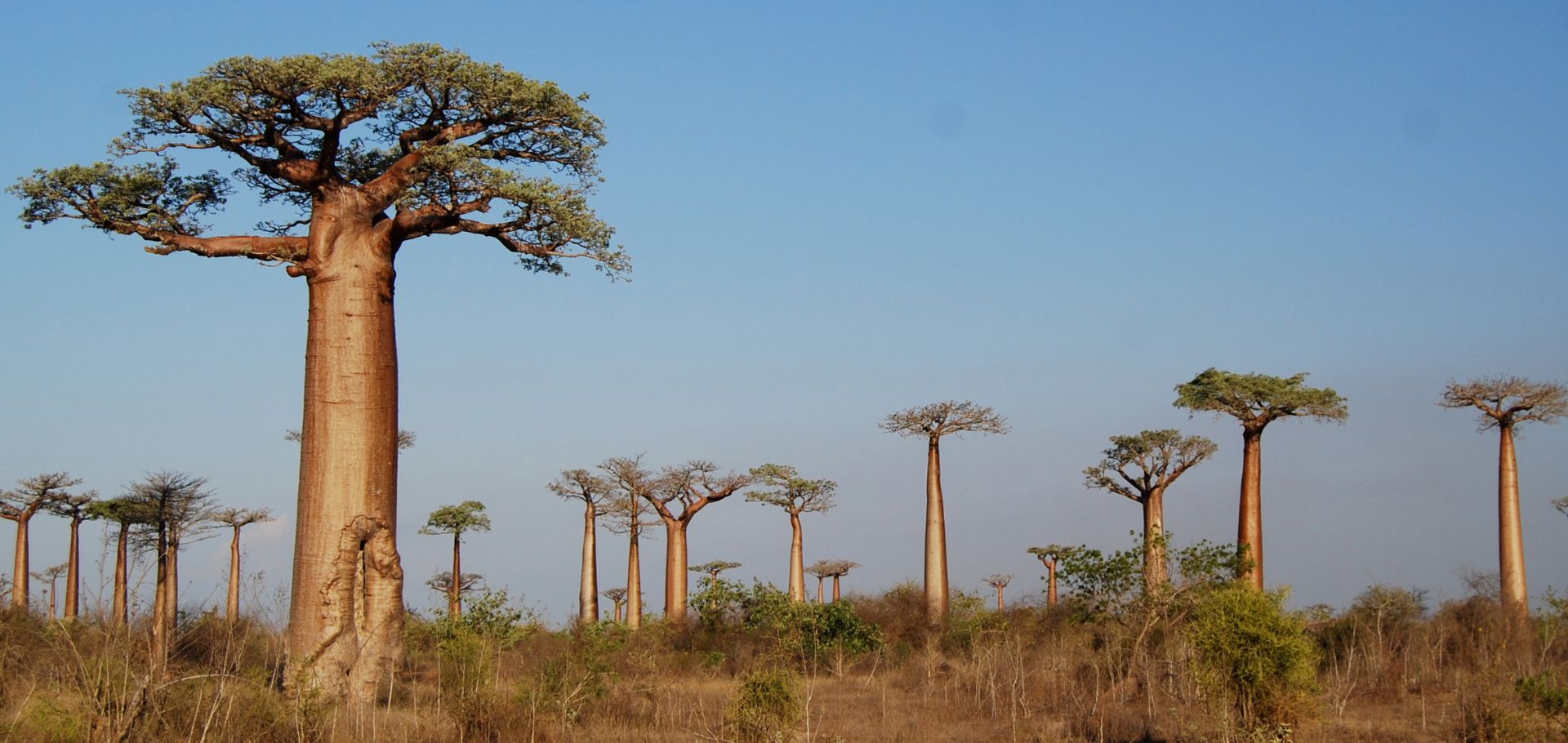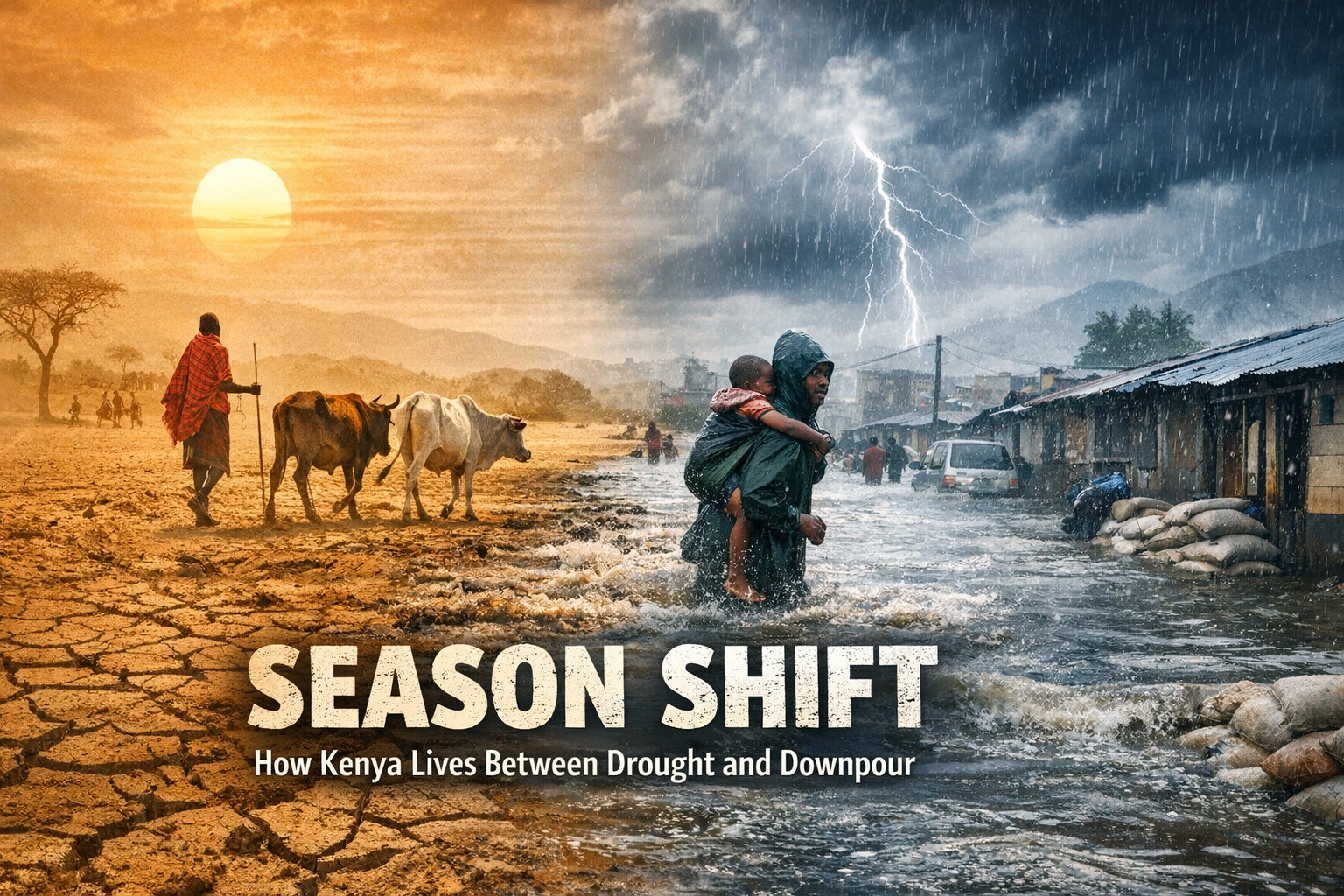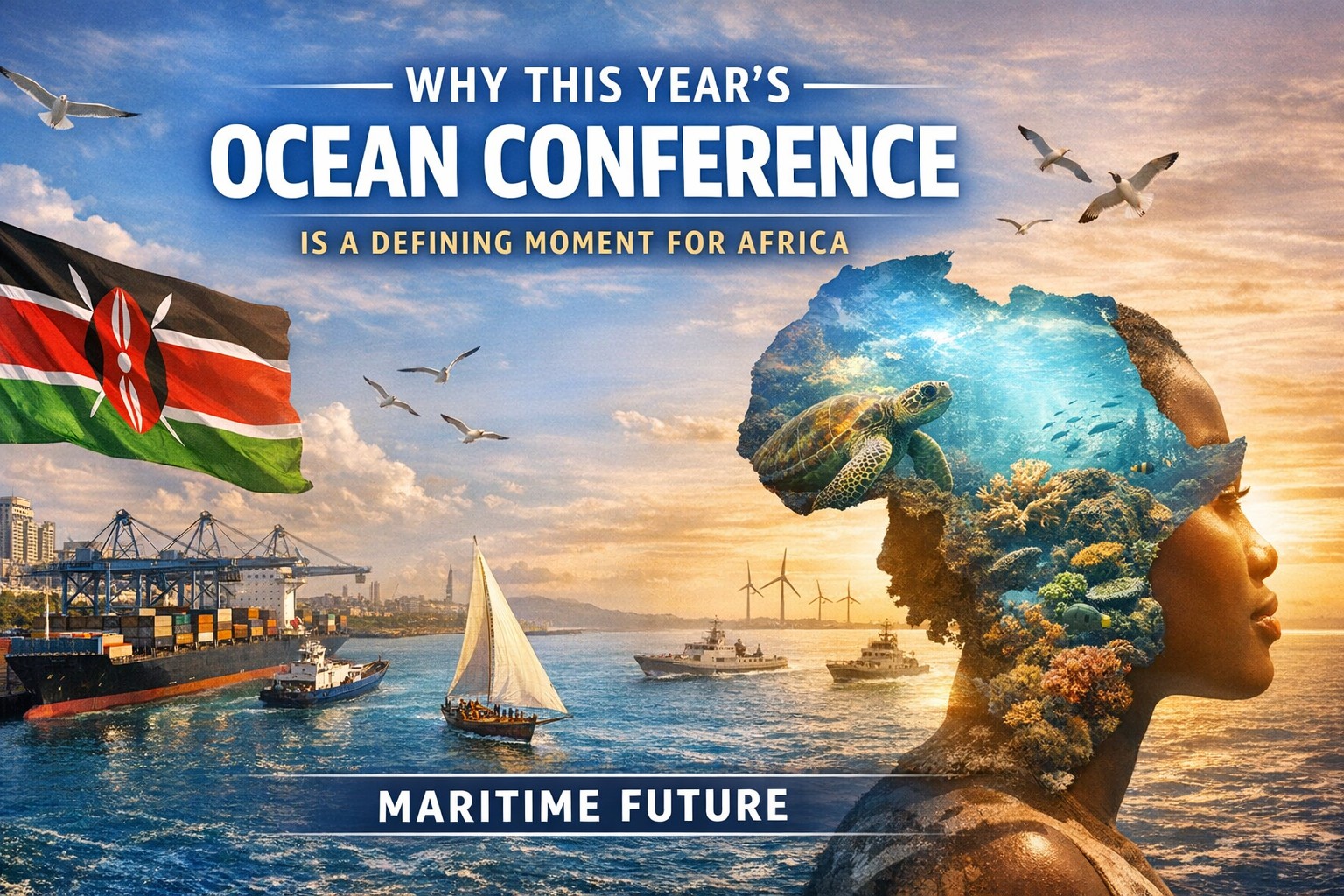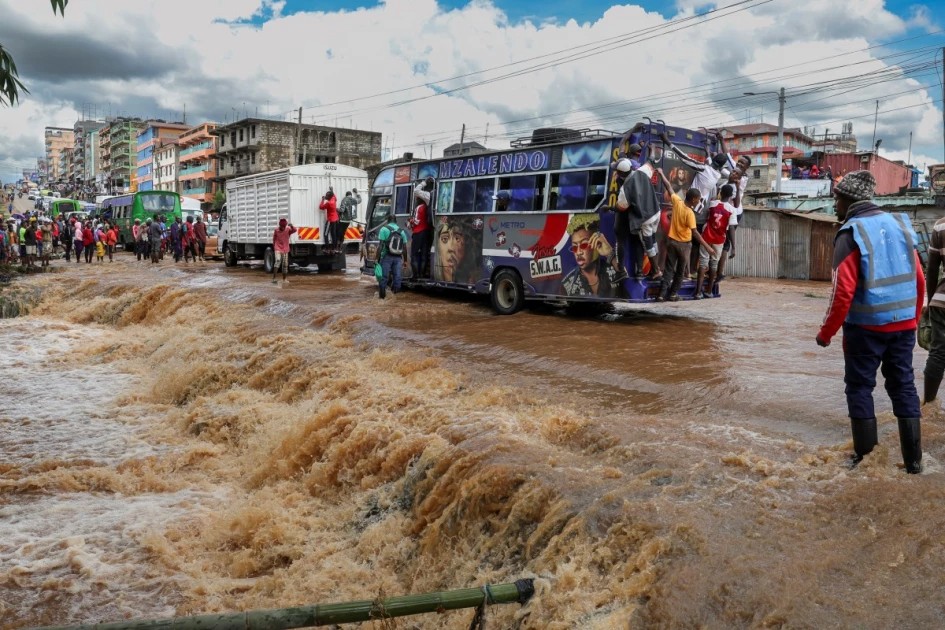- Just as individuals reflect on their personal goals for the year ahead, you must also turn your attention to a critical resolution that demands a collective commitment: healing the planet's climate.
As we step into 2025, the air is thick with the promise of new beginnings and resolutions. Just as individuals reflect on their personal goals for the year ahead, you must also turn your attention to a critical resolution that demands a collective commitment: healing the planet's climate.
The urgency has never been clearer—our climate relies on humanity to mend the damage we have inflicted upon it. True healing can only occur when we cease the harmful practices that exacerbate the crisis.
With only five years left until the pivotal year of 2030, nations stand at a crossroads. Numerous frameworks guide toward a sustainable future, including the Paris Agreement, the Climate Action Plan of 2021, and the Climate & Clean Air Coalition's strategic vision for 2030. The Paris Agreement, adopted in 2015 by 196 parties, sets a fundamental goal: to limit global temperature rise to well below 2 degrees Celsius, ideally striving for 1.5 degrees.
Similarly, the Climate Action Plan aims to reduce greenhouse gas emissions by 51% by 2030, ultimately reaching net-zero emissions by 2050. The Climate & Clean Air Coalition envisions a world where warming is stabilized at 1.5°C, focusing on reducing methane emissions by 40% and black carbon by 70% within the same timeframe. These strategies are not mere aspirations; they are essential blueprints for our survival.
In Kenya, the vision for climate action is equally ambitious, calling for a 32% reduction in emissions while fostering a climate-resilient economy. Key initiatives include transitioning the national grid to 100% renewable energy by 2030, enhancing energy efficiency, and widening access to electricity. Furthermore, promoting climate-smart agriculture and establishing sustainable waste management systems are vital components of this vision.
This comprehensive approach also emphasizes strengthening the country's adaptive capacity and climate resilience, financing locally-led climate actions, and integrating low-carbon growth options into planning processes. The development and promotion of clean technologies across various sectors are paramount, as is creating a favorable policy framework to attract investments in green jobs.
As you reflect on these initiatives, the message is clear: we are running out of time. The actions you take, or fail to take over the next five years will determine the state of our climate by 2030. Everyone must galvanize our efforts globally, ensuring that we do not allow our planet to deteriorate further. The responsibility lies with each of us—governments, businesses, and individuals alike to commit to tangible actions that foster a sustainable future.
In this New Year, let us resolve not only to better ourselves but to heal our planet.

